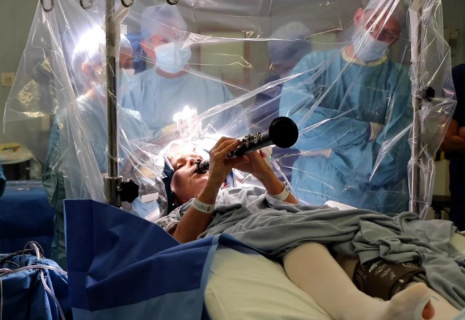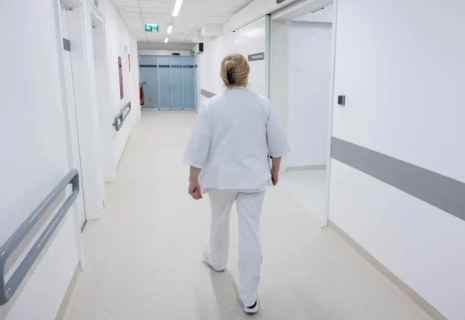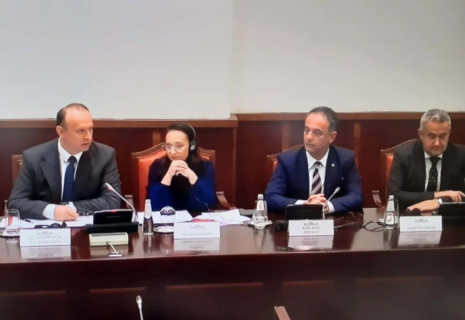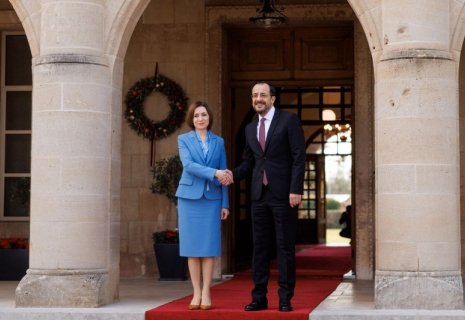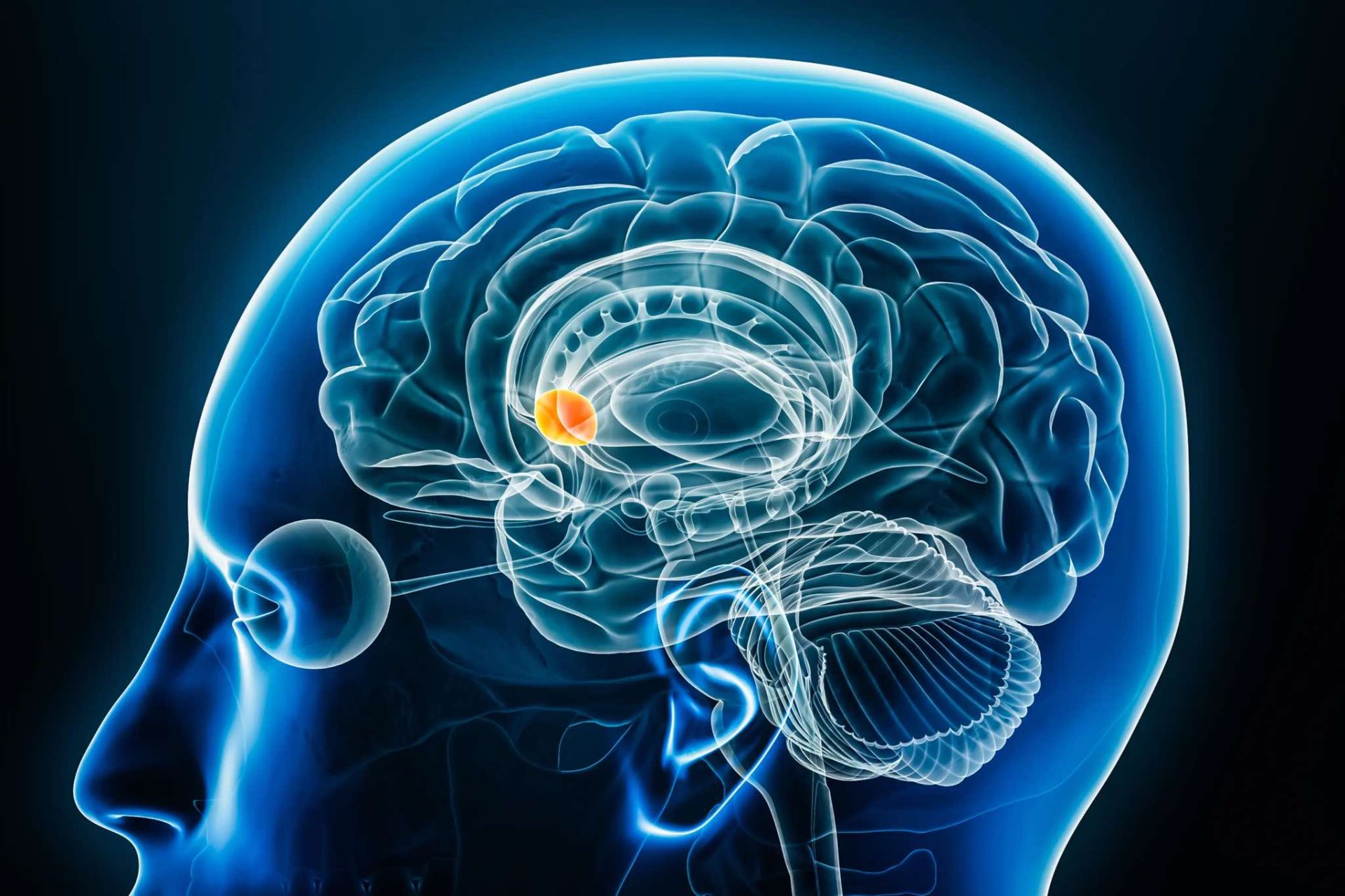
Easy dopamine addiction: how constant rewards change our brains
In a world where entertainment is accessible with a click, our brains are more exposed than ever to a constant stream of stimuli. Social media, short videos, series “marathons” and endless music have created a constant reward cycle, offering us small doses of dopamine that keep us glued to our screens.
This phenomenon, known as “easy dopamine,” occurs when the brain receives quick and frequent rewards without any effort. Every time we open a new app, switch to another video, or watch another episode of a series, our brain registers a feeling of immediate but short-term pleasure. Over time, this can lower our tolerance for activities that require more focus and patience, like reading, creative work, or even just long conversations with the people around us, CE Report quotes Kosova Press.
Many mental health experts warn that addiction to these instant rewards can affect our productivity, emotions, and ability to manage stress. When the brain becomes accustomed to quick gratifications, activities that don't provide immediate stimulation can seem boring, leading to a lack of motivation and a constant feeling of mental fatigue.
In a reality where entertainment is always available, the real challenge becomes managing the balance between rapid consumption and the ability to stay focused on things that require more time and patience.




